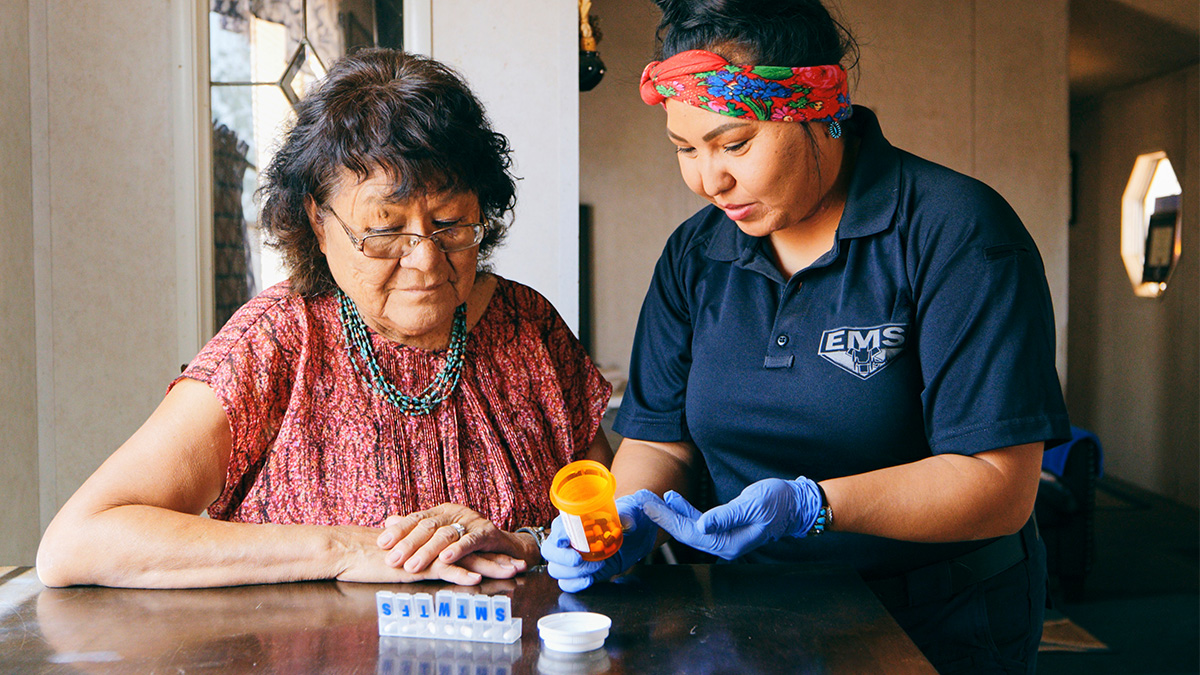Key points
- Hepatitis C can be cured.
- Without treatment, most people with hepatitis C develop lifelong infection.
- Treatment that cures hepatitis C is available.
- Early treatment can prevent serious complications like liver scarring, liver cancer and death.
- If you have hepatitis C, talk to your doctor about treatment right away. Don't delay.
- Learn how you can protect your liver and others from contracting hepatitis C.

Treatment overview
Safe and highly effective treatments that can cure hepatitis C have been available since 2014, yet few people receive treatment within a year of diagnosis.
If you are diagnosed with hepatitis C, talk to your doctor right away about getting treatment that is right for you.
In some cases, people will get better without treatment, but waiting to get treatment can risk future health problems. If you don't get treated right away, chronic hepatitis C can cause severe liver damage, liver cancer, and even death.
Are you a health care provider?
Treatment
Don't wait! There are oral medications (pills) available called direct-acting antivirals (DAAs) that:
- Are easy to take.
- Have very few side effects.
- Cure more than 95% of people in just 8–12 weeks.
After you are diagnosed, you should also talk to your doctor about:
- Getting tested for HIV and HBV. People who have hepatitis C or hepatitis B and HIV are more likely to develop a liver disease called cirrhosis.
- Getting vaccinated against hepatitis A and hepatitis B
- Exercising and eating a well-balanced diet.
If you are being treated for hepatitis C, talk to your doctor if you have any of the following symptoms:
- Extreme dizziness or fatigue.
- Shortness of breath.
- Chest discomfort.
- Changes in vision.
- Swelling of your legs, feet, or ankles.
- Diarrhea.
- A fever that lasts more than 48 hours.
- Blood in your stool.
Staying healthy during treatment
If you are diagnosed with hepatitis C and receiving treatment you should:
- Eat a well-balanced diet.
- Exercise regularly.
- Avoid excessive alcohol intake.
- Talk to your doctor before taking prescription drugs or nutritional supplements.
- Get tested for HIV and hepatitis B.
- Get vaccinated against hepatitis A and hepatitis B.
- Have your liver checked regularly (every 3-6 months) if you have been diagnosed with cirrhosis.
Prevention
There is no vaccine to prevent hepatitis C. Therefore, the best way to prevent infection is to avoid activities that can expose you to the virus.
If you think you have been exposed to hepatitis C, you should get tested and treated. This will prevent you from getting sick and passing the virus to others.
Learn more about hepatitis C prevention and control.
